The Book of the Covenant
After God spoke to the Hebrew people from the top of Mt Sinai, they begged Moses to be their go-between. They wanted him to be the one who would hear God’s voice and then he could tell them what Yahweh said. It was way too frightening to hear it personally and directly from God. And so, as we study chapters 21-23 of the Book of Exodus we find that Moses entered the cloud and received what has become known as the Book of the Covenant. Moses wrote down and recorded the words of Yahweh. Their purpose was to emphasize God’s holiness and to provide God’s people with direct application for how The Ten Commandments should be lived out: Specifically, in the social context of Israel as a nation.
Although the laws and statutes that govern different countries throughout the world vary in certain ways, it’s not surprising that there is often some aspect of the 10 commandments we find under almost all human systems of law. We are created in God’s image, and His moral laws resonate within our hearts. Even in our fallen and sinful condition, we all long for justice in the world. Therefore, we believe that the laws that govern us should help bring about that justice.
What sets the Old Testament Law apart from the other systems of laws discovered in the ancient world, is that it included protection for the weak. Other cultures simply saw the weak as valueless, not deserving of any rights. They were simply to be used and then discarded. Through God’s Law, women, orphans, widows, and foreigners were all provided special provisions to keep the strong (those with the most power) from taking advantage of them. Today, as we study the Book of the Covenant we are reminded of a powerful truth: When we face the trials of life in this world, we can rest knowing that God describes Himself as the Protector of the weak in Exodus 22:22-24!
